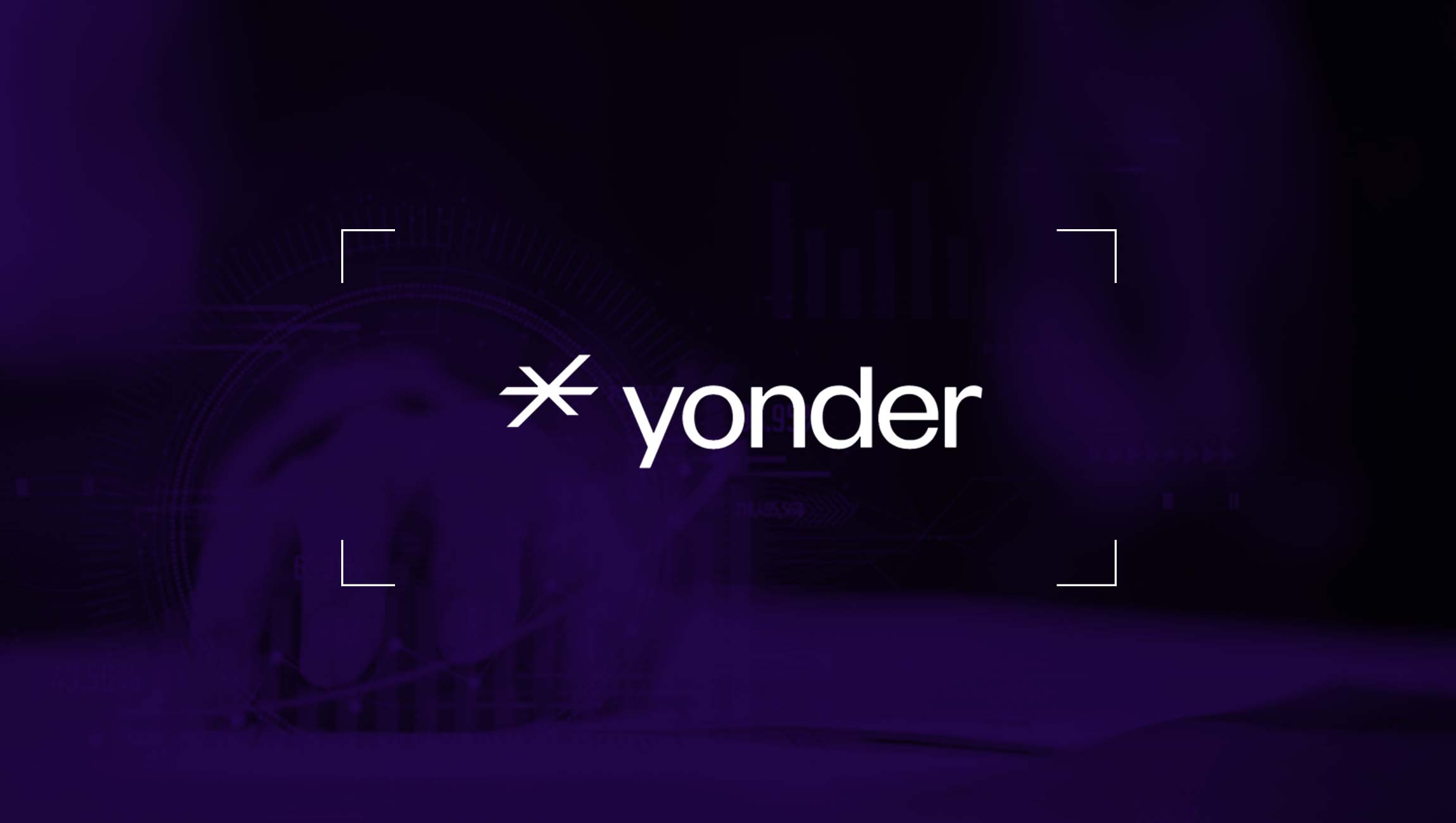Yonder introduces AI-powered Yonder Narrative to help brands navigate these influential subcultures, or “factions,” and the shifting mechanics of today’s internet
The internet doesn’t work like it used to. There are now special interest groups and internet subcultures who coordinate online to spread their ideologies into the mainstream, leaving enterprise brands, government bodies and consumers confused as to whether or not an online story is real. To address this information gap, artificial intelligence software company Yonder announced its new product, Yonder Narrative, which arms brands with the predictive intelligence they need to detect viral narratives and identify the interest groups and tactics responsible for them.
Marketing Technology News: Punchh Continues to Build Loyalty Across Convenience Store Category
Invisible Forces are Shaping the Internet
Today’s online conversations are controlled by influential power groups called factions, or hyper-active internet subcultures, who organize around their shared passions and spread viral conversations through social platforms including dark web and non-mainstream channels such as 4chan or Reddit. In fact, research from Yonder revealed that just 10% of these interest groups wield the influence to drive more than 70% of online narratives. Some of the factions identified as most influential currently include:
- Clean Beauty Movement: Individuals that support and are passionate about zero-irritant beauty products.
- Hong Kong Anti-China Protestors: Typically, single-purpose accounts recently created to amplify a pro-democracy message and anti-China narratives in Hong Kong.
- Woke Techies: Tech workers and thinkers aggressively focused on holding tech companies and employees accountable for diversity, inclusion and the effect their tech has had on the world.
- Fringe Trolls: Entirely anonymous message boards dominated by young, mostly-white, mostly-American men and home to some of the darkest misogyny, racism, antisemitism, conspiracy theories and calls to violent action on the internet.
- Reylo Shippers: Star Wars fans who “ship,” or theorize and hope for an on-screen romance, the characters Kylo Ren and Rey.
Social media platforms have broken down geographical barriers, allowing these like-minded faction groups to come together and amplify their ideologies at lightning speed. It’s also made it easier for factions to use coordination tactics like fake coupons, boycotts, memes, bots and fake accounts to amplify their ideologies and blur the line between what’s real and what’s not online.
“The reality is, every post on social media is not equal – or sometimes even real – and traditional demographics are no longer adequate for describing the thousands of subcultures developing online,” said Jonathon Morgan, founder and CEO of Yonder. “Brands need new tools to understand how faction narratives originate and amplify, so they can protect their brand integrity and bottom line.”
Marketing Technology News: Bigtincan Signs Partnership Agreement with NTT DOCOMO, INC.
Introducing Yonder Narrative
Yonder Narrative uses proprietary machine learning models like natural language processing and computer vision to detect patterns of coordinated online activity before a story goes viral–and identify the responsible factions. By providing context around what’s really happening online, Yonder Narrative gives marketers, analysts and brand managers a more reliable sense of what’s coming around the corner and from whom. For instance, it reveals whether a story is driven by well-intended factions or those with a history of pushing disinformation, allowing brands to capitalize on opportunities and own their narrative.
Yonder empowers high-profile Fortune 1000 brands to get ahead of viral narratives and gain control of their online brand story. This first-of-its-kind solution delivers:
- Narrative Alerts: How do I detect if something I care about is gaining momentum or is likely to go viral?
- Faction Analysis: Are high-risk factions influencing the narrative? What topics are emerging in faction-driven conversations?
- Conversational Context: Is this meme a lighthearted joke? Or is there a dark message hidden within?
- Conversation Authenticity: Are the conversations surrounding my brand showing signals of inauthenticity? Is the virality genuine, or are there signs of coordinated manipulation?
- Actionable Intelligence: What’s the best plan of action? Or is it best to not engage?
A New Frontier for Brands
For brands, understanding the nuances of faction behavior and language can mean the difference between success and crisis. In a world where 64% of Americans buy or boycott a brand based on its social or political values, high-profile organizations must be vigilant about how online conversations take shape and how faction groups impact narratives around their brand. When a faction’s version of a brand’s position or values spread – whether it’s true or not – it can trigger a PR nightmare or do millions of dollars’ worth of damage to a brand’s valuation and reputation.
Marketing Technology News: DataRobot Unveils New Snowflake Integration to Streamline and Simplify AI











